Have you ever looked into the gentle, wise eyes of a senior Labrador and wondered how you could make their golden years truly shine? As Labradors age, they become even more loving and loyal, but they also need extra care and attention. It’s a bittersweet journey—watching your once energetic companion slow down, yet still light up each day with an unbreakable spirit. Caring for a senior Lab is a privilege, filled with moments of joy, challenge, and deep connection. If your furry friend is graying around the muzzle, these ten essential tips will help you ensure their sunset years are as happy and healthy as possible.
Senior Labradors may have a little more gray in their fur, but their love and loyalty never fade. As they age, they need some extra TLC—think joint-friendly exercise, a healthy diet, and regular vet checkups. Small adjustments can really boost their comfort and keep them feeling their best. These gentle souls still have so much joy to give, and with the right care, their golden years can truly shine. Let’s make every moment with your senior Lab count!
Understand the Changing Needs of Your Senior Lab
As Labradors enter their senior years, their bodies and minds undergo noticeable changes. You might see your Lab getting tired more quickly on walks, or perhaps they’re not as interested in playing fetch as before. Their metabolism slows down, which can lead to weight gain or muscle loss if not managed carefully. You’ll also notice they may develop new sensitivities to food, weather, or surroundings. Understanding these shifts is the first step in providing the right support. Senior Labradors often need softer bedding to ease joint pain, and you might have to change their feeding schedules or routines. Taking the time to learn about these needs helps you respond with empathy and practical solutions. Remember, just as humans need more comfort in their older years, so do our canine companions.
Prioritize Regular Veterinary Check-Ups
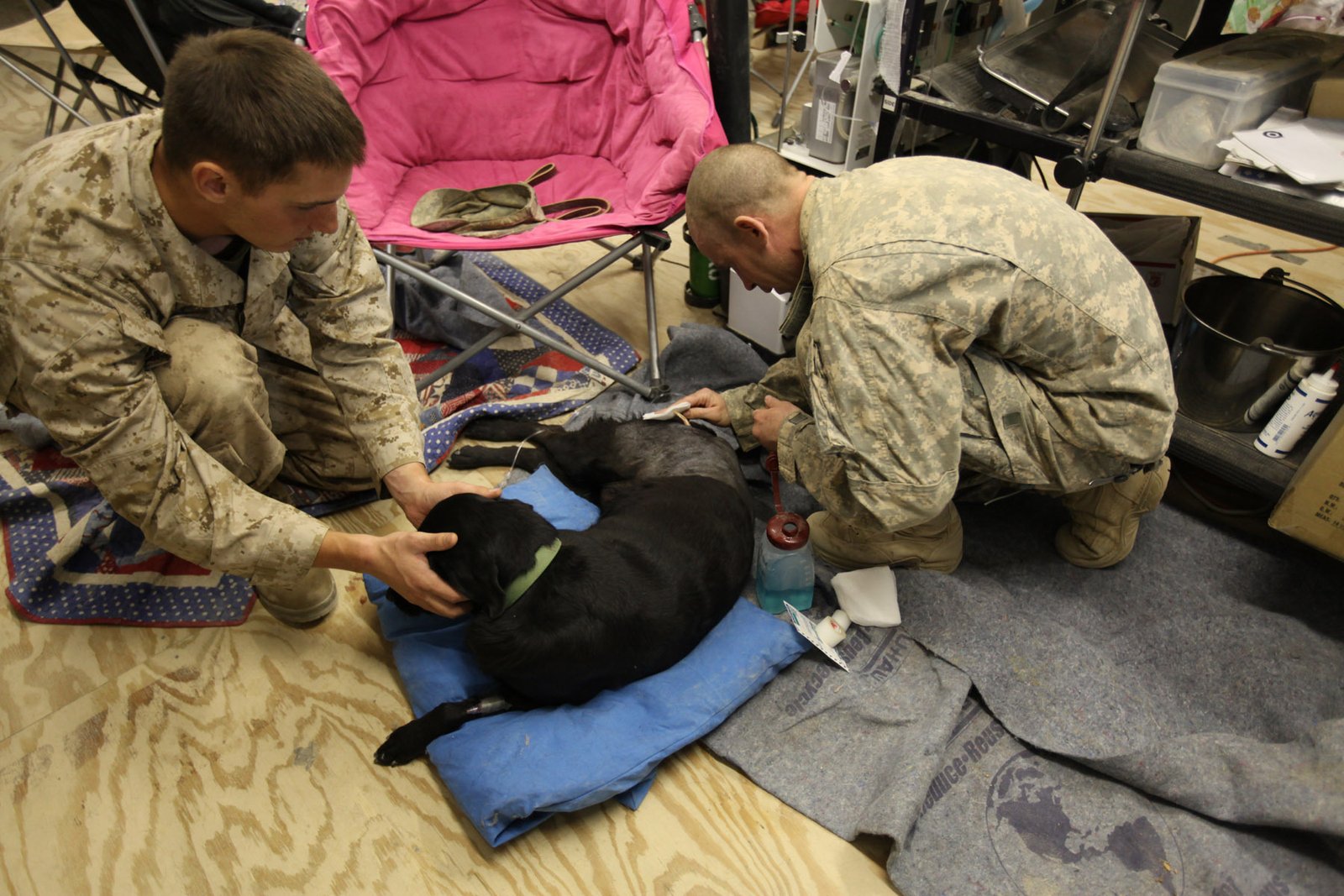
Routine vet visits are more critical than ever as your Labrador gets older. Health issues like arthritis, diabetes, and heart problems can sneak up quietly. By scheduling check-ups at least twice a year, you give your vet the chance to catch and manage potential problems early. These visits aren’t just about vaccinations; they’re opportunities for full health assessments, dental checks, and blood work. Your vet can also help you adjust your Lab’s diet and medications as needed. Sometimes, what seems like normal aging—slowing down, drinking more water, or losing weight—could actually be a sign of something treatable. Staying proactive with vet care ensures your senior Lab enjoys a longer, more comfortable life.
Feed a Senior-Friendly, Balanced Diet
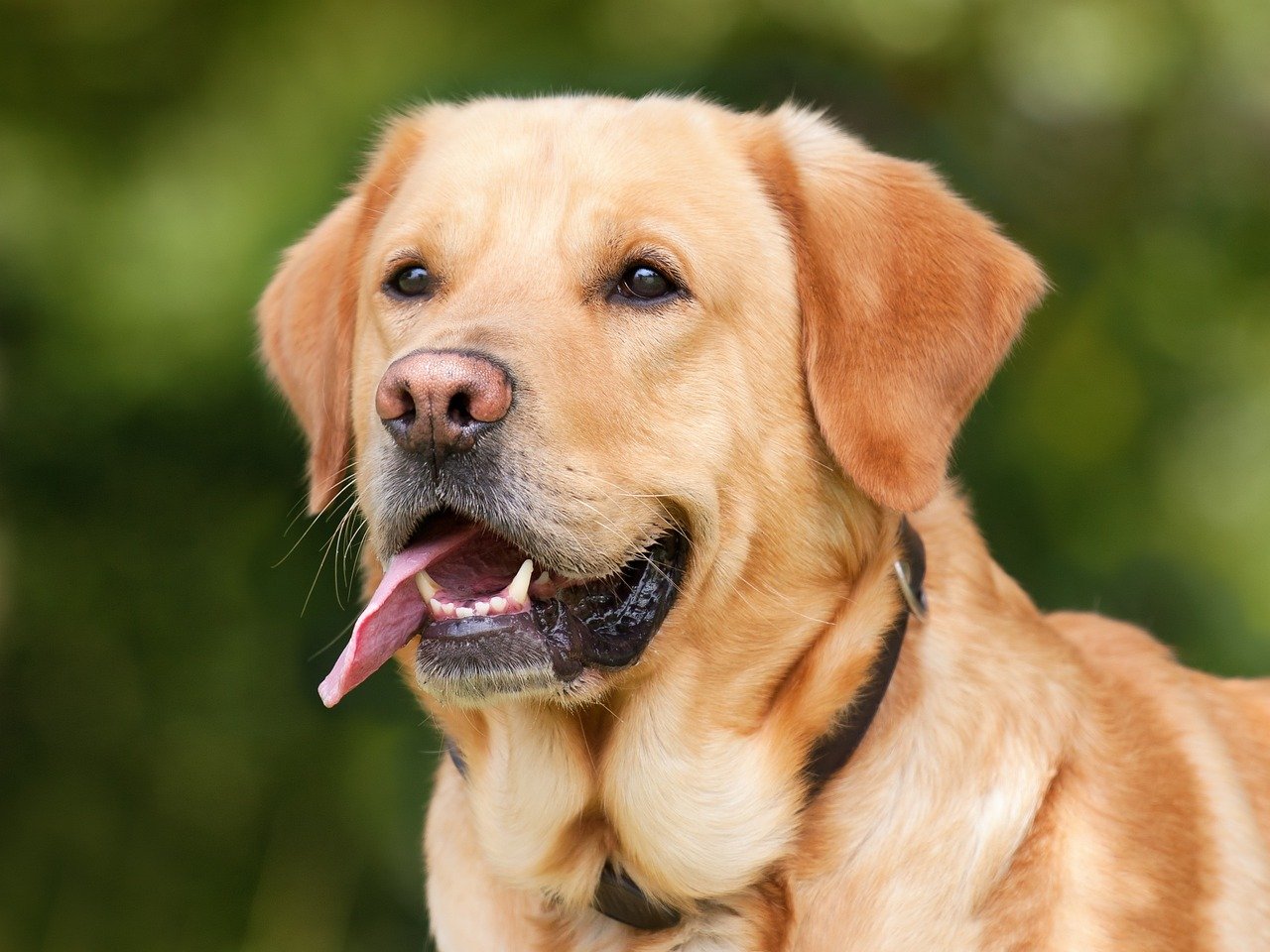
Diet plays a massive role in the health of an aging Labrador. Senior dogs often need food that’s lower in calories but high in quality protein to maintain muscle mass. Look for formulas designed for senior dogs, which typically contain joint-supporting ingredients like glucosamine and chondroitin. It’s also wise to keep an eye on how much your dog eats; overfeeding can lead to obesity, while underfeeding may cause weakness and fatigue. Some Labs develop sensitive stomachs or food allergies as they age, so be attentive to any changes in digestion or appetite. If you’re unsure about what to feed your furry friend, don’t hesitate to ask your vet for recommendations. A well-planned diet will keep your senior Lab strong, happy, and full of life.
Keep Them Moving with Gentle Exercise
Even though your Labrador may not have the same energy as in their youth, gentle, regular exercise remains vital. Daily walks, swimming, or light playtime keep their joints flexible and muscles toned. However, it’s important to tailor activities to their ability level—shorter, more frequent outings are often easier on older dogs. Be mindful of signs of fatigue or discomfort, such as limping or reluctance to move. If your Lab enjoys swimming, this can be especially beneficial since water supports their weight and eases pressure on aching joints. Always let them set the pace; pushing too hard can cause injury. The goal is to keep your senior Lab engaged and mobile, while protecting them from overexertion.
Watch Their Weight Carefully
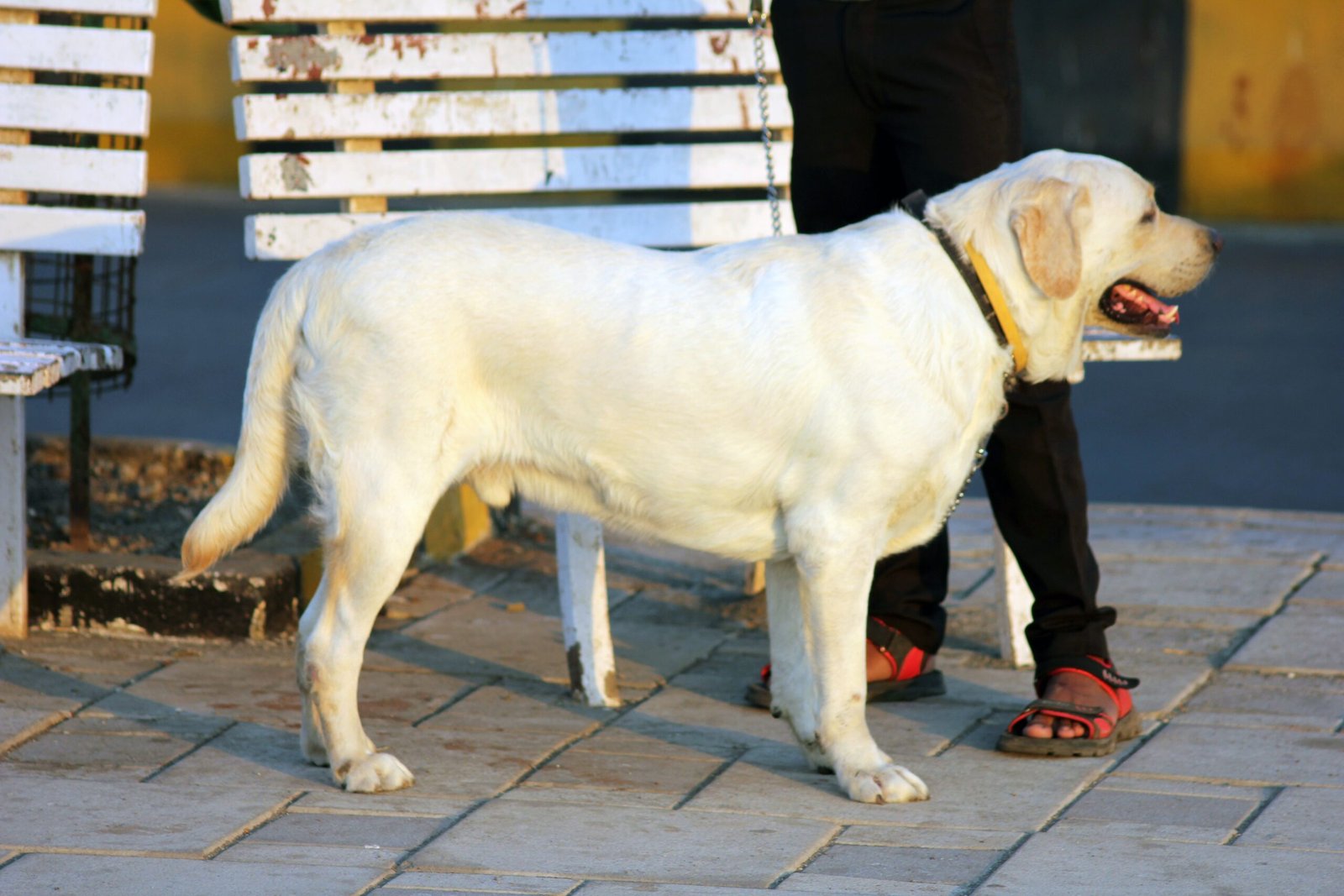
Weight management is crucial for senior Labradors, who are prone to weight gain as they age. Carrying extra pounds puts unnecessary strain on their joints and can worsen conditions like arthritis or heart disease. On the flip side, unexpected weight loss should also raise a red flag, as it can signal underlying health problems. Portion control and choosing appropriate treats can make a big difference. You might need to adjust their food intake as their activity level drops. Use a measuring cup for meals and resist giving in to those pleading puppy eyes too often. Remember, the healthiest Labs are those kept at a lean, fit weight, allowing them to move comfortably and enjoy life.
Support Their Aging Joints
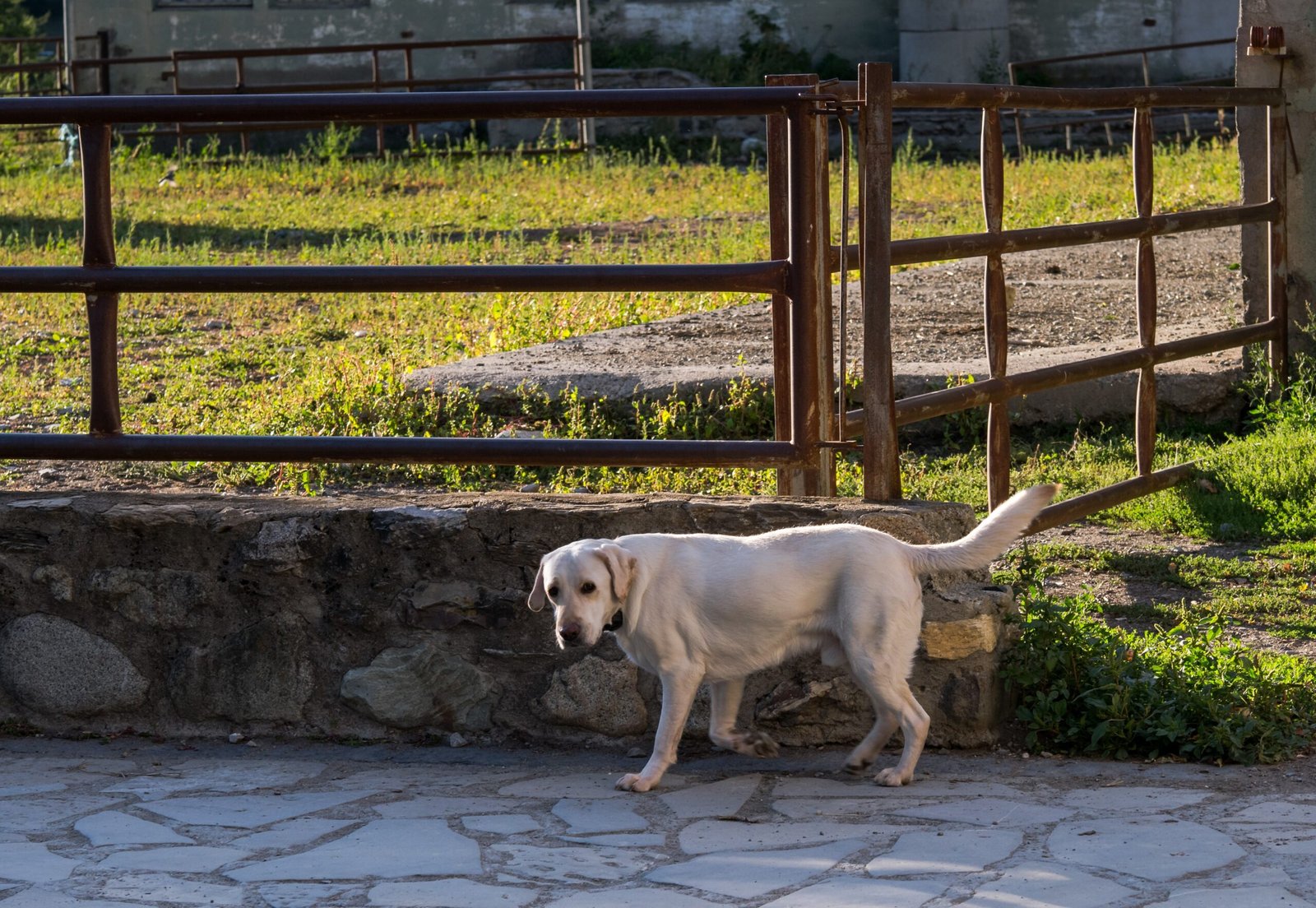
Joint problems, especially arthritis, are common in older Labradors. They may hesitate to climb stairs, jump onto the couch, or even get up after a nap. To ease their discomfort, consider providing orthopaedic dog beds, ramps for entering cars or scaling steps, and non-slip rugs on slippery floors. Supplements like omega-3 fatty acids, glucosamine, and chondroitin can also help reduce inflammation and improve mobility. If your Lab seems stiff or in pain, talk to your vet about pain relief options. Even small changes in your home can make a world of difference for your senior Lab’s comfort and confidence.
Maintain Good Dental Hygiene
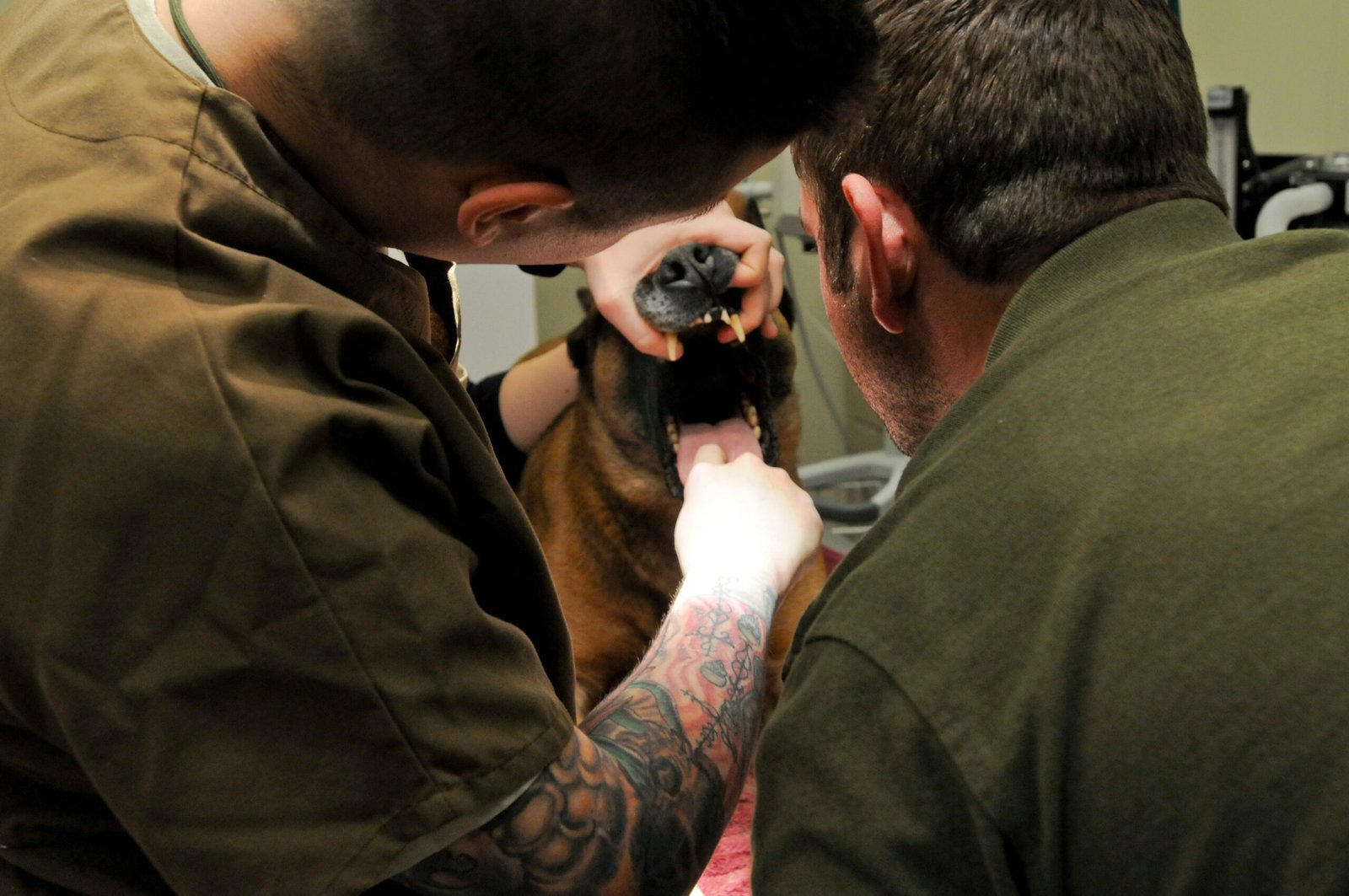
Dental care often gets overlooked in older dogs, but it’s incredibly important. Tooth decay, gum disease, and infected teeth can cause pain and even lead to more serious health issues, like heart or kidney problems. Brushing your Lab’s teeth regularly is ideal, but there are also dental chews and toys designed to help keep their mouth clean. Some senior dogs need professional dental cleanings under anesthesia, which your vet can advise on. Pay attention to bad breath, swollen gums, or difficulty eating; these are signs your Lab’s mouth needs attention. A healthy mouth makes eating more enjoyable and contributes to a happier, healthier senior dog.
Stimulate Their Mind and Provide Emotional Support
Mental stimulation is just as important as physical activity for senior Labradors. Aging dogs can experience cognitive decline, much like people. You might notice your Lab becoming forgetful, anxious, or less interested in their surroundings. To keep their mind sharp, introduce puzzle toys, gentle training sessions, or new scents during walks. Regular interaction, affection, and even talking to your dog can do wonders for their emotional health. Maintaining a routine also helps reduce anxiety. Remember, your presence and reassurance are incredibly comforting to your senior Lab—never underestimate the power of a loving touch or a kind word.
Adjust Their Environment for Comfort and Safety
As your Labrador gets older, their world may need some adjustments. Slippery floors can become hazardous, so add rugs or mats where needed. Make sure their bed is easy to access and offers enough cushioning for sore joints. If your Lab struggles with stairs, use ramps or limit their need to climb. Keep their water and food bowls in easy-to-reach places. Even small changes—like night lights for a dog with fading vision—can help them feel more secure. Creating a safe, comfortable space allows your senior Lab to navigate daily life with confidence and ease.
Shower Them with Love and Patience
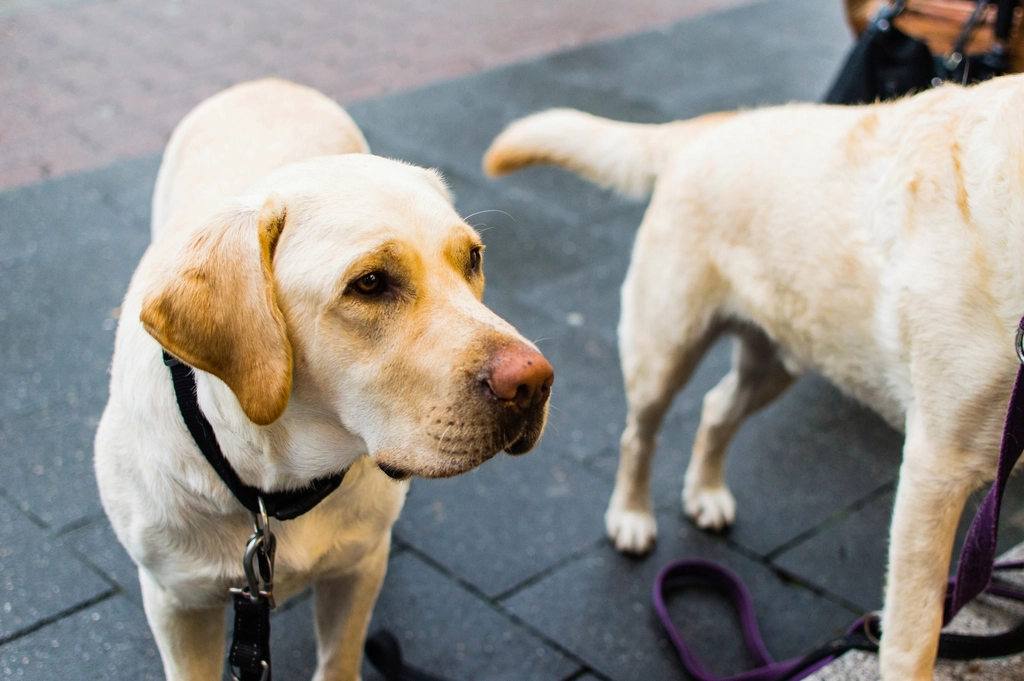
Perhaps the most important tip of all: give your senior Labrador endless love and patience. Aging can be confusing and sometimes frustrating for your dog—they might have accidents indoors, become more dependent, or act differently than before. Approach these changes with understanding, not frustration. Celebrate the little things: a wagging tail, a happy sigh, or a slow stroll together. Your loyal friend has given you years of companionship; now is your chance to repay that devotion with comfort, kindness, and unconditional love. The moments you share now will become some of your most treasured memories.
Caring for your senior Lab is all about showing them the same love they’ve always given you—just with a little extra support. With thoughtful care and attention, you can keep them comfortable, happy, and full of tail wags well into their golden years. They may move slower, but their hearts are just as big. Every cuddle, walk, and belly rub means the world to them—so make it count!

Linnea is a born and bred Swede but spends as much time as possible in Cape Town, South Africa. This is mainly due to Cape Town’s extraordinary scenery, wildlife, and atmosphere (in other words, because Cape Town is heaven on earth.) That being said, Sweden’s majestic forests forever hold a special place in her heart. Linnea spends as much time as she can close to the ocean collecting sea shells or in the park admiring puppies.





